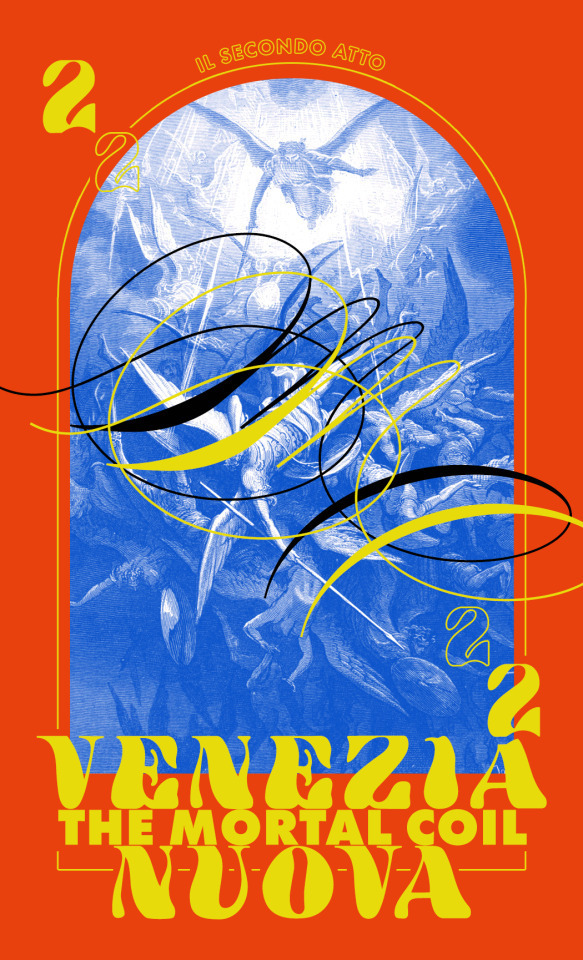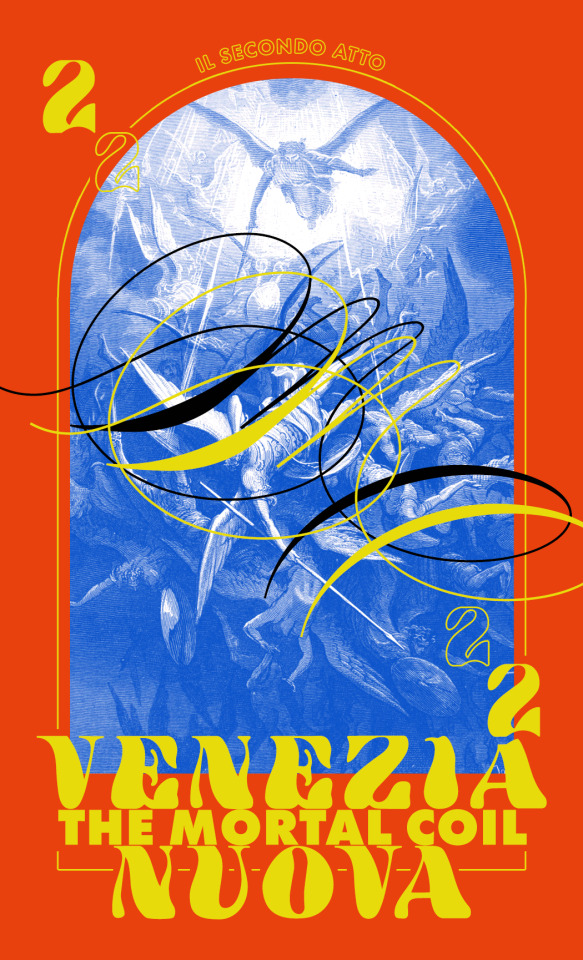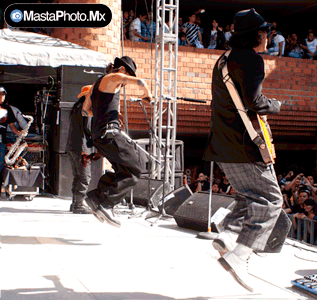#mcoil
Explore tagged Tumblr posts
Text
youtube
TAIYO YUDEN USA MCOIL Power Inductor LSDP Series
https://www.futureelectronics.com/resources/featured-products/taiyo-yuden-lsdp-series-wire-wound-metal-power-inductors . Introducing TAIYO YUDEN's MCOIL power inductor, LSDP series, for consumer electronics, IoT devices and more. https://youtu.be/htt8rRSh7Zo
#TAIYO YUDEN#MCOIL Power Inductor LSDP#TAIYO YUDEN MCOIL power inductor#LSDP series#consumer electronics#IoT devices#Youtube
0 notes
Text
Surface Mount (SMD) Inductor Market Growth Analysis, Market Dynamics, Key Players and Innovations, Outlook and Forecast 2025-2032
According to new market analysis, the global Surface Mount (SMD) Inductor market was valued at USD 5.59 billion in 2024 and is projected to reach USD 7.55 billion by 2032, growing at a Compound Annual Growth Rate (CAGR) of 4.5% during the forecast period (2025-2032). This growth is driven by increasing demand for miniaturized electronic components across smartphones, wearables, IoT devices, and expanding 5G infrastructure worldwide.
Get FREE Sample Report - Surface Mount (SMD) Inductor Market Analysis
What are Surface Mount (SMD) Inductors?
SMD (Surface Mount Device) inductors are compact passive electronic components designed for direct mounting on printed circuit boards (PCBs). These inductors consist of a copper wire coil wound around a high-performance magnetic core typically made of ferrite or ceramic materials. Unlike traditional through-hole inductors, SMD variants offer significant space savings while maintaining excellent electrical performance for power management applications across various industries.
Key Market Drivers
1. Rapid Adoption of 5G and IoT Technologies
The global rollout of 5G networks and IoT ecosystems is creating unprecedented demand for high-frequency SMD inductors. These components are critical for signal filtering, power regulation, and noise suppression in 5G base stations and IoT edge devices. Leading manufacturers are developing RF inductors capable of operating at millimeter-wave frequencies to meet these evolving requirements.
2. Automotive Electronics Revolution
Electric vehicle production is creating substantial opportunities for automotive-grade SMD inductors. Modern EVs contain over 3,000 passive components per vehicle, with high-current power inductors being essential for DC-DC converters, battery management systems, and onboard chargers. The industry's shift toward 800V architectures is pushing development of inductors with lower DC resistance and higher saturation currents.
Market Challenges
Despite strong growth prospects, the SMD inductor market faces supply chain volatility with fluctuating prices of rare earth elements and specialty metals. Ferrite cores, which constitute 35-45% of component costs, require precise mixtures of iron oxide with nickel, zinc, or manganese compounds that are subject to geopolitical supply chain risks. Additionally, rigorous certification requirements for automotive and medical applications can extend qualification periods significantly.
Emerging Opportunities
The rapid adoption of wide-bandgap semiconductors like GaN and SiC is creating new opportunities for high-frequency SMD inductors. Gallium Nitride (GaN) power ICs operating at 2-20MHz require inductors with ultra-low core losses and precise inductance stability. Meanwhile, PCB embedding technologies present a transformative opportunity, with the embedded components market expected to reach $3 billion by 2030.
Regional Market Insights
Asia-Pacific dominates with over 45% market share, driven by China's electronics manufacturing supremacy and growing production in Japan, South Korea, and Taiwan.
North America shows strong growth in high-frequency inductors for 5G infrastructure and aerospace applications.
Europe leads in automotive-grade inductors, with Germany hosting major EV component manufacturers.
Competitive Landscape
Japanese conglomerates TDK Corporation and Murata Manufacturing dominate with extensive product lines covering wire-wound, thin-film, and multi-layer SMD inductors.
Taiyo Yuden continues to excel in high-frequency inductors for 5G applications.
Recent product launches include TDK's ADL4532VK series for automotive Power-over-Coax (PoC) systems and Taiyo Yuden's MCOIL™ LACNF2012KKTR24MAB multilayer metal power inductor.
Market Segmentation
By Type:
Wire-wound SMD Inductor
Thin-film SMD Inductor
Stacked SMD Inductor
By Application:
Automotive Electronics
Consumer Electronics
Telecommunications
Medical Equipment
Aerospace & Defense
View Full Report: Surface Mount (SMD) Inductor Market Comprehensive Analysis
Download Sample Report:
Get FREE Sample Report - Surface Mount (SMD) Inductor Market Analysis
visit more reports :
https://www.tumblr.com/intelmarketresearch/787853417561358336/otc-anti-infective-products-market-growthhttps://www.bundas24.com/blogs/51824/OTC-Anti-Infective-Products-Market-Growth-Analysis-Market-Dynamics-Keyhttps://hallbook.com.br/blogs/629101/OTC-Anti-Infective-Products-Market-Growth-Analysis-Market-Dynamics-Keyhttps://logcla.com/blogs/708066/OTC-Anti-Infective-Products-Market-Growth-Analysis-Market-Dynamics-Keyhttps://controlc.com/7039b56chttps://justpaste.it/j586zhttps://www.flexartsocial.com/blogs/10794/OTC-Anti-Infective-Products-Market-Growth-Analysis-Market-Dynamics-Keyhttps://sidintelmarketresearch.blogspot.com/2025/07/otc-anti-infective-products-market.htmlhttps://pastelink.net/xk6p3gp1
Report Coverage
This comprehensive market analysis includes:
Historical data and 2025-2032 forecasts for global and regional markets
Detailed competitive landscape analysis of 15+ key players
SWOT, value chain, and technological trend analysis
Market segmentation by type, application, and end-use industry
About Intel Market Research
Intel Market Research delivers actionable insights in technology and infrastructure markets. Our data-driven analysis leverages:
Real-time infrastructure monitoring
Techno-economic feasibility studies
With competitive intelligence across 100+ countries, we empower strategic decisions with precision for Fortune 500 firms globally.
Contact: International: +1(332) 2424 294 | Asia: +91 9169164321 Website: www.intelmarketresearch.com LinkedIn: Intel Market Research Company Page
0 notes
Note
You'll get food when you get home. We have McOil at home. Now sit tight and behave until you're there.
🌑
Harvest growls
4 notes
·
View notes
Photo

Elevate Your Build Game!!!
Vandy Vape M Coil Replacement Coils are mesh style coils composed of perforated Kanthal A1 material. These sheets of mesh measure in at 16mm by 7mm with a resistance of either 0.15ohm, performing best at 50 to 70W and a 0.2ohm which is best at 40 to 60W. This mesh should be dry burned at 15 to 20W.
Now Available At VaporDNA.com
https://vapordna.com/products/vandy-vape-m-coil-replacement-coils
#vapordna#vandyvape#vape#mcoil#replacementcoils#coils#vapeorn#vapecommunity#vapefam#socalvape#calivape#westcoastvapers#socal#worldwidevapers#nosmoking#quitsmoking#startvaping#vapeon#vapepics#buildlife#drip#driplife#vapelyfe#dripon#vapefriends#vapelove#vaping
1 note
·
View note
Photo

Act II of THE MORTAL COIL begins now!
https://indovinello.jcink.net/ https://indovinello.jcink.net/ https://indovinello.jcink.net/
3 notes
·
View notes
Note
mcfry your mcfucking hand in a mcvat of mcoil

10 notes
·
View notes
Text
im so tired of those doomer white musical theatre guys going viral over spewing the most annoying takes on the current world and people going "there's nothing we can do anymore 🥺🥺🥺🥺🥺 David McOil-Exec Uncle said this is the end" . like shut up gringo
1 note
·
View note
Text
I mean, this is a super interesting philosophical conversation. Is vengeance for the sake of vengeance okay? Where does it cross the line from sending a message to vengeance? How far can you go in your revenge compared to the original evil until it becomes "wrong?" Who decides what's "wrong?"
Of course, there's a difference between getting revenge and preventing further harm. Ensuring that a violent person can't harm anyone else is fine. But you could do that with house arrest, or putting them on a remote island with everything they could ever need. Instead, we put them in terrible conditions in prison. Is that a deterrent? Is that to utilize their labor to ensure they contribute something to society to make up for the harm they've caused? Is that for rehabilitation? Is that vengeance?
These aren't easy questions to answer (except the one about prison slavery because that's very very bad). However, taking away money from billionaires who have caused genocides (the Zuck) or are destroying the environment (Oil McOil-Face) is just basic harm reduction, plain and simple.

82K notes
·
View notes
Text
Oldschool Sunday: McOil
(By Pat ‘Riot’ Whitaker, Lead Journalist/Writer, RiffRelevant.com) Talk about an obscure band, one that released one respectably solid album and then faded into the rock and roll haze Well, this is them..such a band. McOil were from Germany and played some intense Progressive Rock that contained concrete elements of Hard Rock and early Proto Metal. (more…)
View On WordPress
#Andy Tischmann#Dieter Ege#EGE Sound Studio#Garden Of Delights#Hard Rock#Karl Wild#Krautrock#McOil#Norbert Kuhpfahl#Oldschool Sunday#Pat Riot Whitaker#Prog Rock#Proto Metal#Rock#Streaming#Video#Walter Utz#YouTube
0 notes
Video
MCOIL: UMA BANDA PROGRESSIVA ALEMÃ | ROCK PROGRESSIVO E EXPERIÊNCIA ESTÉ...
0 notes
Photo

Midway upon the journey of our life I found myself within a forest dark, For the straightforward pathway had been lost.
The city remembers; she was built on a tomb, after all, and made to endure. After the protest pamphlets are swept from her streets. After the flowers turn to rot on her graves. The government of New Venice has buried its horrors, but she holds them in her marrow, and remembers. The blood on the streets washes her dreamscapes in red. She will hold her children to account: she is the inferno, and she will consume everything.
THE MORTAL COIL enters Act II this June. Follow the buzz.
3 notes
·
View notes
Text
sharks: *are down 2-1* me: welp that's all folks we lost to the edmonton McOil Spills it was fun while it lasted
3 notes
·
View notes
Text
slick Ricky 🍑🍑🍑
0 notes
Photo

Curiosa animación donde parece que Pato (Maldita Vecindad) está levitando.
#ibero#maldita vecindad#masta#mastaphoto#mcoil#mexico#music#musica#rock#levitacion#levitate#levitation
50 notes
·
View notes
Text
Act II: Inferno
When magic revealed itself to the world at the turn of the twenty-second century, the metaphysical possibilities seemed a house of horrors to the political and technological leaders of the age: endless new perils on which to puncture their fragile world order. The ensuing race to control and contain magical power served as preamble to a war against the supernatural. New Venice, then a fledgling state, defied the rule of the day by embracing magic as part of its infrastructure. Ichor-based flames lit the city’s boulevards: enchantments powered its labyrinth of stair-lifts and canal locks. Early recruitment literature heralded it as a beacon on the water, aglow with the promise of the union of supernatural and human potential. Its reputation endured through the draft of the Ten-Year War, when the city went to war for this closely-held ideal of supernatural equality.
Now the shining city’s dimmed. Under the autocratic rule of Fiammetta Ursi and her Inquisition, tensions between human and supernatural citizens have crested into bloodshed. And though the Inquisition has disbanded, the suffering it perpetrated on the city’s supernatural population has gone unanswered and unacknowledged by the regime. No bodies return to mourning families. Public memorials vanish in the night. Formally, legally, technically, the Prime Minister’s hands are unbloodied. Ursi’s silence spreads like pea soup fog from the city center, choking out dissent. The events of the past two years lose definition in the total void of the government’s response.
Beneath the cobblestones, the city’s ichor-pumping heart remembers.
The haunting begins gradually, as such things are wont: creeps in with the gas lamp shadows and then lingers, distorting the light, until its strange physics have taken hold. Babel reports the first aberrations. Tabloids document the rise of whispering alleys; street corners where time skips; windows with misplaced reflections. The neighborhood busybodies quibble: everyone knows that a person can be haunted, or a house can be haunted, but a city with a ghost problem? Absurd. Think of the power that would require. The whole infrastructure would have to be a raw nerve, snapping white-hot magic through the streets–unthinkable–and yet.
How does one begin to repair the unimaginable? Some follow the government’s example, and deny its very existence. Others see an opportunity for profit arising from disaster. And still others will try to look it in the eye, to fix it in their minds and let it pass through them, all the horror that has happened and will happen; to be possessed by it; and, in their grief, to exorcise it.
There is no way out but through.
Prologue
Supernatural Distortions: Rumors of aberrant magical energy are gaining steam around town. These distortions may take the form of incoherent voices, temporal shifts (spaces where time speeds up or slows down, or spaces that appear to be in a different timeline entirely), physics-defying light, or pockets of extreme temperature. Some call them ghosts; others, metaphysical phenomena; but the official record denies their existence entirely.
Supernatural citizens are more sensitive to the strange currents in the city’s magical energy. Those who have lived abroad in areas similarly affected may recognize the changes; please see our page on ghosts for more information. Human citizens, especially those with limited exposure to magic/ichor, may not be able to observe the distortions at all.
Citywide Unrest: Following the dissolution of the Inquisition, supernatural activist groups have continued to push for governmental accountability and restitution. Protestors continue to occupy Aureate Plaza on a near-daily basis. Although Prime Minister Ursi has ended martial law, tensions between her administration and the public remain high, especially in city neighborhoods more densely populated with supernatural citizens: the collective memory is not as short as Signora Ursi might prefer.
Ursi’s government is pushing a “business as usual” party line to cater to their human voting base. Plainclothes officers have replaced military patrols on the streets. Press questions about the Inquisition’s fate, L’Ombra, and the ongoing protests are met with smiling non-answers.
5 notes
·
View notes
